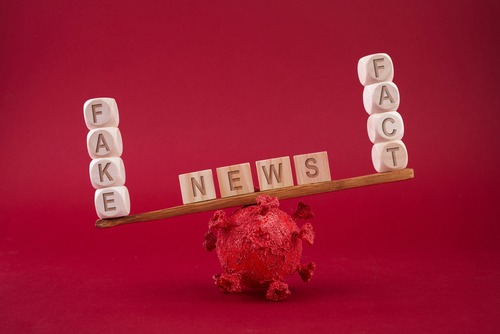
U.S. Surgeon General Dr. Vivek Murthy recently issued the first Surgeon General’s Advisory of this administration warning of the urgent dangers posed by health misinformation and disinformation, threatening COVID-19 vaccination efforts in the United States.
The American public needs to be aware and needs to be warned, Murthy said. The Surgeon General noted that approximately 67 percent of unvaccinated adults had heard at least one COVID-19 vaccine myth and either believed it to be true or had some doubts associated with it — and pointed to news reports and social media outlets, addressing a flood of false news stories and the damage they have wreaked, family by family and post by post.
“Health misinformation is an urgent threat to public health. It can cause confusion, sow mistrust, and undermine public health efforts, including our ongoing work to end the COVID-19 pandemic,” Murthy said. “As Surgeon General, my job is to help people stay safe and healthy, and without limiting the spread of health misinformation, American lives are at risk. From the tech and social media companies who must do more to address the spread on their platforms to all of us identifying and avoiding sharing misinformation, tackling this challenge will require an all-of-society approach, but it is critical for the long-term health of our nation.”
Inaccurate, misleading, or outright lies on health information are common with medical issues. However, the Surgeon General pointed out that efforts to reduce infection rates have been increasingly undermined in recent years by the rapid social media spread of misinformation. He pointed to a 2014 study published in the peer-reviewed journal BMC Public Health that found Ebola-related tweets filled with misinformation to be more likely to be politically charged and encouraging strife.
Now is the time, Murthy stressed, for technology and social media companies to take more responsibility and halt the spread of misinformation. He also urged individuals to better identify and limit the spread of such information before they could do damage and encouraged various organizations — from education to media, medicine, and government — to find ways to address the problem better.

